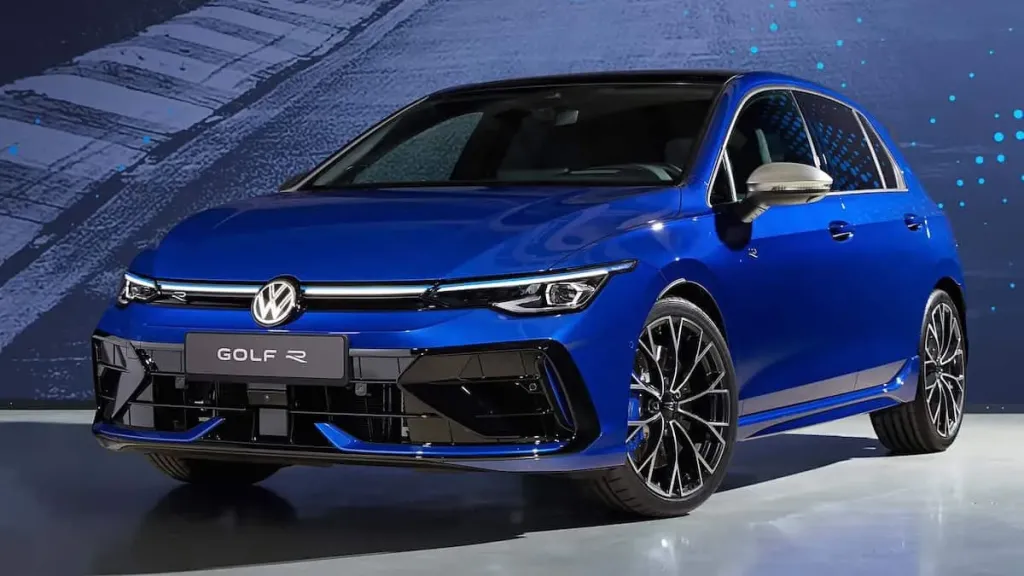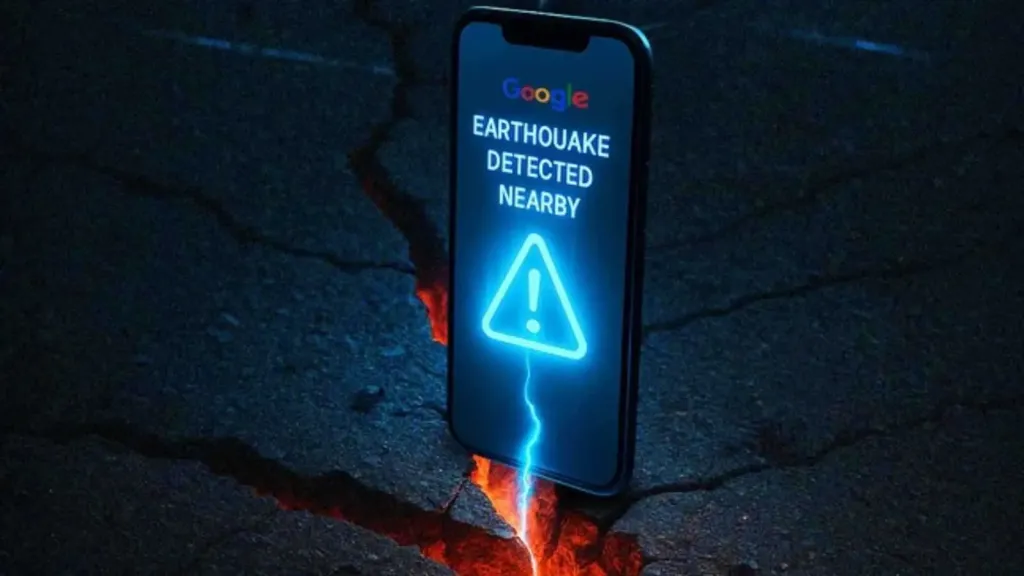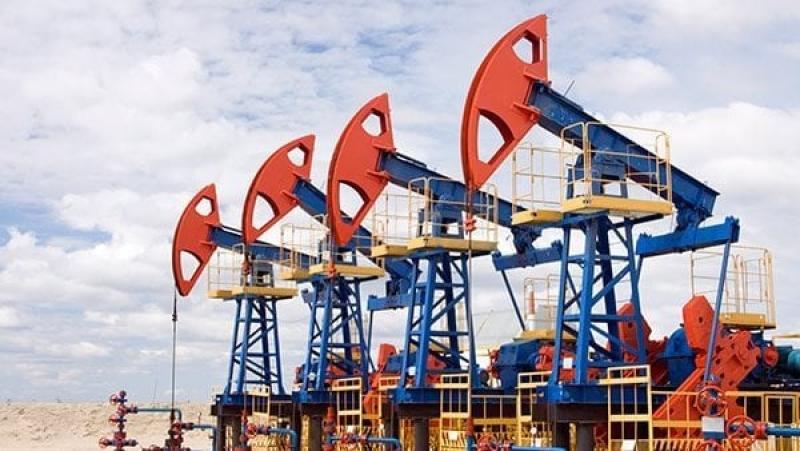Common Engine Issues with Volkswagen Vehicles & How to Fix Them

Volkswagen has built a great reputation for being reliable, high-performing, and precise in engineering. You must probably know that the brand is known for its German craftsmanship, and if you own one VW vehicle, you must know that it is all about its efficiency and durability. However, just like any good car, your Volkswagen models might develop engine issues after some years, especially when being driven in those very extreme heat conditions like in Dubai.
The earlier these problems are addressed, the better the chances it will continue delivering on the much-renowned effectiveness and driving experience. That is why your regular maintenance is crucial to keep your car's engine long-lasting. Is it difficult for you to diagnose engine problems and get a fix for your Volkswagen automobile models? This blog will provide you with practical resources to keep your car optimally efficient.
From common check engine lights to specific concerns like carbon buildup, understanding these problems is key to maintaining your VW's performance. You need to get the hang of the top 5 common Volkswagen engine problems and fixes for them.
Common Volkswagen Engine Problems & Solutions
Volkswagen engines are built to last longer, but they eventually have to run into trouble with time. If you’ve noticed strange noises, overheated engine, or vehicle performance issues, then you’re not alone at all. It’s normal if your VW is experiencing a range of engine problems.
NOTE: Do not delay repairs, as this can lead to catastrophic engine damage.
Here's the breakdown of key 5 common VW's engine failure problems and VW Engine Repair solutions.
1. Check Engine Light Problem
Issue: VW have become accustomed to the check engine light coming on; however, it's quite a job to understand the reason behind what could have triggered it. It could have ranged from something as simple as a loose gas cap, all the way to major issues such as faulty oxygen sensors, ignition coils, or catalytic converters.
How to Fix Volkswagen Engine Light Failure:
-
Check Gas Cap: The first thing to do is safely pull over your vehicle. Check to see if the gas cap is tight enough.
-
Inspect Wiring: Look for loose or damaged wiring around sensors like the oxygen sensor or MAF sensor.
-
Clear the Code and Re-evaluate: After some repairs, if the problem is fixed, the light should stay off. If it returns, then more work is needed.
A check engine light in your Volkswagen shouldn't be ignored, as it requires further diagnosis. Using these fixes can help identify the exact problem, but if the light keeps coming back, consulting a professional repairing is the best course of action to prevent costly repairs and keep your vehicle running for long.
2. Timing Chain Tensioner Problem
Issue: Certain Volkswagen engines are prone to timing chain tensioner failure, where the tensioner weakens, causing the chain to loosen. This can lead to misaligned engine timing, resulting in a rough idle and rattling noises upon startup. If left unaddressed, it can cause severe engine damage.
How to Fix Volkswagen Timing Chain Tensioner Failure:
-
Recognize Early Signs: Listen for rattling noises, especially during cold starts, and note any rough idling.
-
Align Timing Marks: Ensure proper timing alignment to avoid misfires or your VW’s engine failure.
-
Maintain Oil Quality: Regular oil changes of your car with high-quality oil are crucial for tensioner function.
Timing Chain Tensioner failure is a well-known issue in certain VW models, especially those with TSI and TFSI engines. A failing tensioner can lead to engine misfires, rough idling, or even catastrophic engine death if the chain skips a tooth. It’s better to repair your Volkswagen engine if it’s dying.
3. Ignition Coil & Spark Plug Problem
Issue: This is a common issue affecting Volkswagen engines, causing misfires and reduced power. Faulty ignition coils or worn spark plugs can disrupt the combustion process, leading to a check engine light. Volkswagen's direct injection engines are particularly sensitive to these failures, impacting performance and fuel efficiency.
How to Fix Volkswagen Ignition Coil Failure:
-
Check for Misfires: First, notice any rough idling or hesitation during acceleration. If present, misfires are likely. Replacing a faulty coil or plug, will take a few driving cycles to clear the light.
-
Inspect Coil & Plug Condition: Look for cracks or damage on ignition coils and check spark plug electrodes for wear or fouling.
-
Use OEM or High-Quality Aftermarket Parts: Volkswagens are sensitive to part quality. Opt for OEM (Original Equipment Manufacturer) ignition coils and spark plugs or reputable high-quality aftermarket brands.
A check engine light in your Volkswagen related to ignition shouldn't be ignored, as it requires further diagnosis. Using these fixes can help identify the exact problem but your VW still needs a checkup like a sickening patient needs his doctor.
4. Carbon Buildup on Intake Valves Problem
Issue: This is a prevalent issue in Volkswagen's direct injection engines in which carbon deposits accumulate on intake valves, leading to restricted airflow for right engine combustion. This leads to a diminished performance as VW's precision engineering is compromised by this buildup.
How to Fix Volkswagen Carbon Buildup Failure:
-
Observe Performance Decline: First, notice any sluggish acceleration or irregular idle. If present, carbon buildup is a likely culprit.
-
Inspect Valve Condition: Look for heavy carbon deposits on the intake valves using a borescope. This requires specialized tools and expertise usually recommended to have it from a good repairing garage.
-
Perform Intake Valve Cleaning: Volkswagens require meticulous cleaning. Opt for walnut blasting or chemical cleaning performed by a qualified technician, using specialized tools and cleaning agents.
Due to direct fuel injection technology, VW engines are prone to carbon deposits on intake valves, leading to rough idling, loss of power, and reduced fuel economy over time. This engine problem needs to be repaired immediately.
5. Water Pump Leaks Problem
Issue: This is a recurring issue in Volkswagen engines, in which coolant leaks from the water pump, leading to inadequate engine cooling for proper operation. This leads to overheating and potential engine damage, as your VW's thermal management is compromised by this failure.
How to Fix Volkswagen Water Pump Leaks Failure:
-
Observe Coolant Loss: First, notice any puddles under the car or a drop in coolant levels. If present, a water pump leak is a likely diagnosis. .
-
Inspect Pump Condition: Look for visible coolant leaks around the water pump housing. This requires visual inspection and is usually recommended to have it from a good repairing garage.
-
Perform Water Pump Replacement: Volkswagens demand meticulous cooling system care. Choose a replacement pump with a robust impeller design, ideally metal or composite, to withstand high temperatures.
Coolant leaks caused by faulty water pumps are frequent in VW engines. Overheating and engine damage can occur if the issue isn’t addressed promptly. Don’t you want to keep the engine proficiency of your vehicle longlasting? Of course, you do, then no need to wait for it to get even worse. Visit your VW’s expert technicians today.
What are Types of Volkswagen Engines?
Volkswagen has a great history of engine development, giving room for a variety of engine problems; after these, being a VW owner, should have an inkling of the basic problems with some key types of Volkswagen engines. For instance, the TDI models have been known for DPF-related issues, while TSI models have been more prone to turbocharger problems.
Here’s a breakdown of top 3 Volkswagen engines:
-
Inline Four-Cylinder Engines (I4) - VW I4 engines have evolved considerably, from simpler designs to modern, highly sophisticated units: TSI (Turbocharged stratified injection)
-
VR Engines - It includes the VR6 engine, which has been used in models like the Golf R32 and Passat.
-
TDI Engines (Diesel); TDI(Turbocharged direct injection) - It has been a leader in diesel engine technology, and is renowned for its fuel efficiency and torque
Volkswagen owners must seize the moment to decide on these possible engine issues and engine types, for they dictate vehicle performance and fuel consumption. Spotting engine issues and the symptoms early on will help you prevent exorbitant costs for your car's repairs and the chances of breakdown.
Why Fixing VW’s Engine Problems is Important?
To have smooth performance and attempts for extending the life of the engine, maintenance and Expert VW Repairs are essential. Similarly, timely diagnostics hold the key to making sure that Volkswagen engines are in great condition. Whether it is minor concerns or performance upgrades, keep in mind these important tips to avoid damage to the engine:
????️Routine Maintenance – Follow the recommended service planning to help prevent expensive repairs.
????️Trouble Diagnosing – Always get an expert technician to do accurate troubleshooting work for your vehicle.
????️Cost for Repairs – Engine repairs for a Volkswagen may be varied based on the kind of issue; early detection will save money.
????️Quality Parts – Always get genuine Volkswagen parts to ensure the durability of the car and its performance.
????️Best Engines for UAE – Go for models that are suited for UAE's climate.
????️Performance Upgrades – Turbochargers, ECU tuning, and high-flow air filters can enhance power.
By staying vigilant and addressing potential issues of your Volkswagen promptly, you being a VW’s owner can maintain the health of your car engine. Ensure your VW continues to deliver the reliable and enjoyable driving experience you expect. You may visit the best Volkswagen garage in UAE today!
Common Engine Issues with Volkswagen Vehicles & How to Fix The
Common Engine Issues with Volkswagen Vehicles & How to Fix Them



















